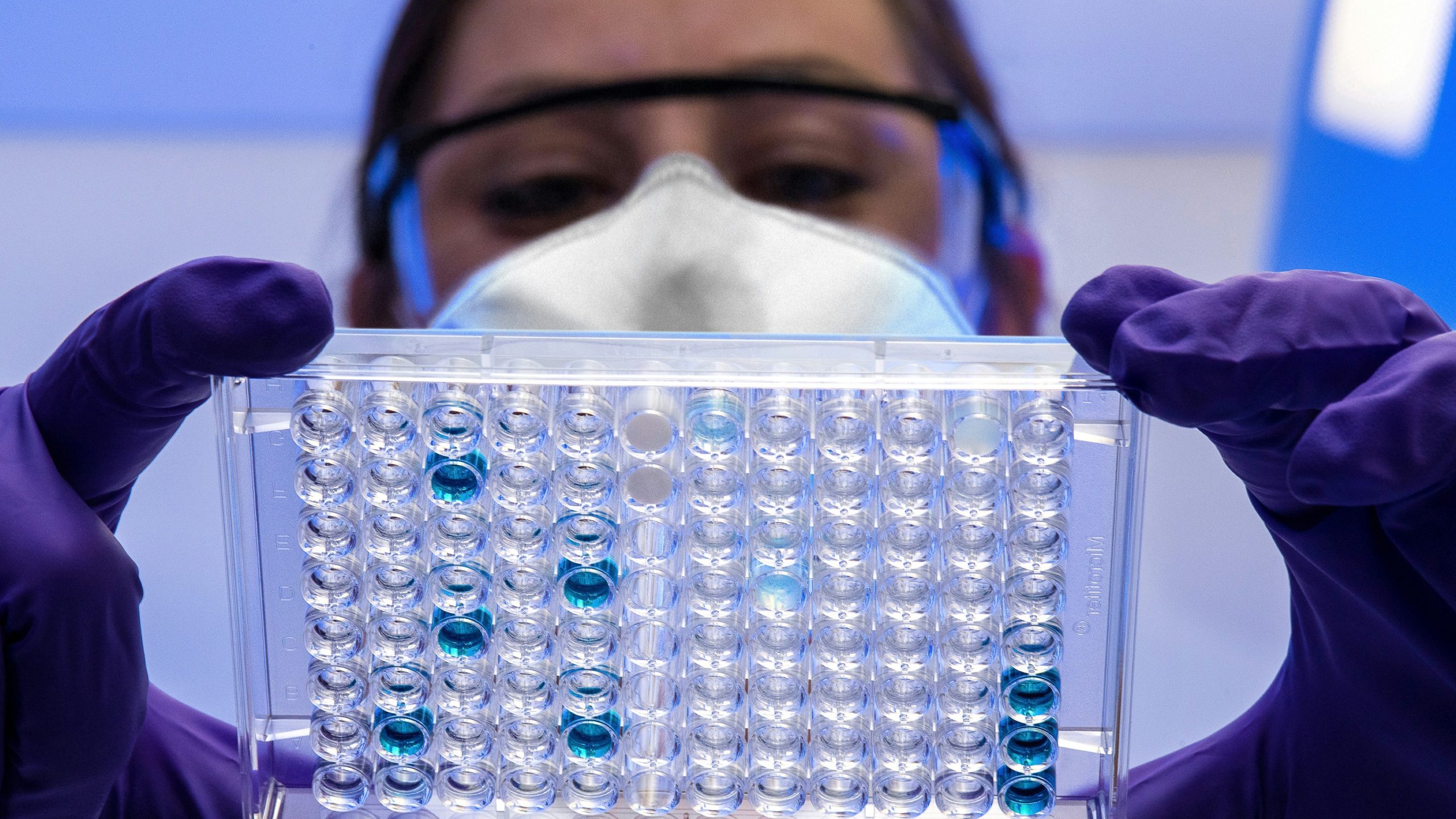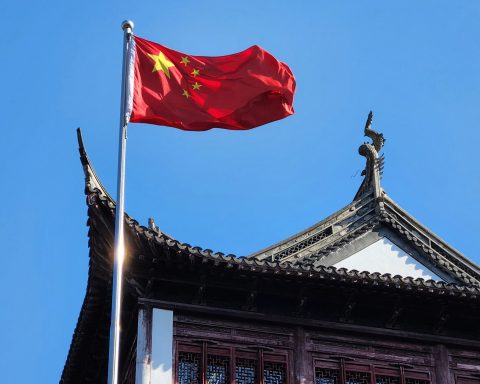Hong Kong health authorities have confirmed their first imported chikungunya case since 2019. A 12-year-old boy returned from Foshan in Guangdong province and tested positive for the mosquito-borne illness.
How Health Officials Found the First Imported Chikungunya Case
The boy developed fever, joint pain and rash after travelling to Foshan’s Shunde district between July 17 and July 30 2025. Health officials at the Centre for Health Protection treated him at United Christian Hospital, later transferring him to Princess Margaret Hospital. His condition remains stable, and household contacts are under surveillance.
Mainland China Outbreak Sparks Vigilance
Guangdong authorities have reported nearly 7,000 chikungunya cases in Foshan alone. Health officials caution that the virus likely spread via mosquito bites to the boy, marking the first imported chikungunya case in Hong Kong amidst regional outbreak concerns.
Hong Kong’s government scientific committee warned that due to high summer travel and mosquito activity, the city now faces a medium to high risk of further imported infections and potential local transmission.
Chikungunya fever causes fever, joint pain, headache and rash. It spreads through bites by Aedes mosquitoes—primarily A. albopictus and A. aegypti. Unlike dengue, chikungunya rarely causes death but can lead to prolonged joint pain.
The World Health Organization identified hundreds of thousands of global cases in 2025. Vaccines exist but remain limited in availability.
Authorities urge residents to remove standing water in and near homes, use repellents consistently and maintain screens or mosquito nets. Travelers returning from Foshan or other affected areas should continue mosquito bite precautions for at least two weeks, even if symptom-free, to prevent local transmission.
Hong Kong has not ruled out local transmission but emphasizes that none has occurred yet. Officials continue epidemiological investigations and vector control around the boy’s residence and hospital. Authorities also plan to enhance public education and screening at border points to manage future importation risks.
With this first imported chikungunya case, health authorities are urging heightened awareness and preventative action across the city.






